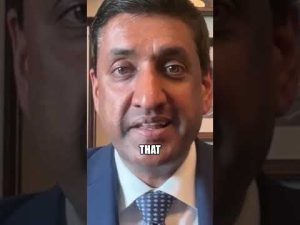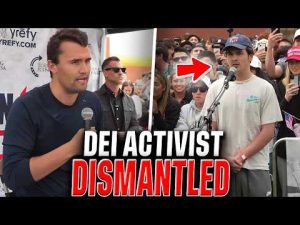**The Tug-of-War Over Vaccine Skepticism: A Senate Showdown with Robert Kennedy Jr.**
In the world of Washington politics, few issues incite as much heated debate as vaccines. Recently, a Senate hearing turned into a dramatic spectacle when Senator Warren grilled Robert Kennedy Jr., President Biden’s nominee for Secretary of Health and Human Services (HHS). The exchange highlighted the contentious divide over vaccine skepticism and the potential consequences of appointing someone with a controversial background in vaccine discourse.
Robert Kennedy Jr. is no stranger to the limelight, particularly when it comes to his criticism of vaccines. During the hearing, Senator Warren addressed concerns over Kennedy’s past financial ties to lawsuits against vaccine manufacturers, suggesting that such interests could create conflicts of interest in his potential role as the country’s top health official. With a hefty $2.5 million earned from his advocacy against vaccine makers, questions arose about whether Kennedy could truly commit to prioritizing public health over personal profit.
Senator Warren asserted that every American deserves to know that the decisions made by their health officials are not driven by financial gain. She asked Kennedy to pledge that after his tenure at HHS, he would not accept any compensation from drug companies. Kennedy responded affirmatively, asserting that he didn’t think anyone would want to give him money anyway. However, this led to a tug-of-war between the senator and Kennedy regarding the nuances of his financial engagements related to vaccines and law firms that promote litigation against them.
The drama intensified when the conversation shifted to Kennedy’s controversial stances. Jeffersonian principles, including good science and public health, were thrown into the mix as Kennedy insisted he would uphold standards while in office. But amid calls for transparency, doubts lingered about how his past actions could influence his current responsibilities. Could Kennedy leverage his position to affect pending lawsuits against vaccine producers? Senator Warren laid out a litany of ways Kennedy, as the head of HHS, could potentially benefit financially, suggesting a multitude of avenues where he could blend policy influence with personal gain.
Senator Warren wasn’t alone in her concerns. The answers Kennedy provided raised eyebrows for many watching the hearing unfold. Despite Kennedy’s claims of supporting vaccines, reminiscing about “good science,” the specter of his past controversies loomed large. Many critics were quick to point out that his assertions seemed more like damage control than genuine transparency, particularly regarding his involvement in the devastating measles outbreak in Samoa. This incident saw a drop in vaccination rates, leading to tragic consequences, something Kennedy was vehemently deflecting responsibility for.
At a time when vaccine hesitancy is already a pressing public health challenge, the stakes couldn’t be higher. As the hearing came to a close, it was evident that the conversation about vaccines is not just about public health—it’s about trust, ethics, and the accountability of those in power. If confirmed, Robert Kennedy Jr. would hold a pivotal role that may influence the direction of vaccine policy, public trust in medical institutions, and perhaps even, ironically, the very health of American children. The story is far from over, and with each revelation, the public’s eyes remain firmly fixed on Washington’s ongoing battle between science and skepticism.







